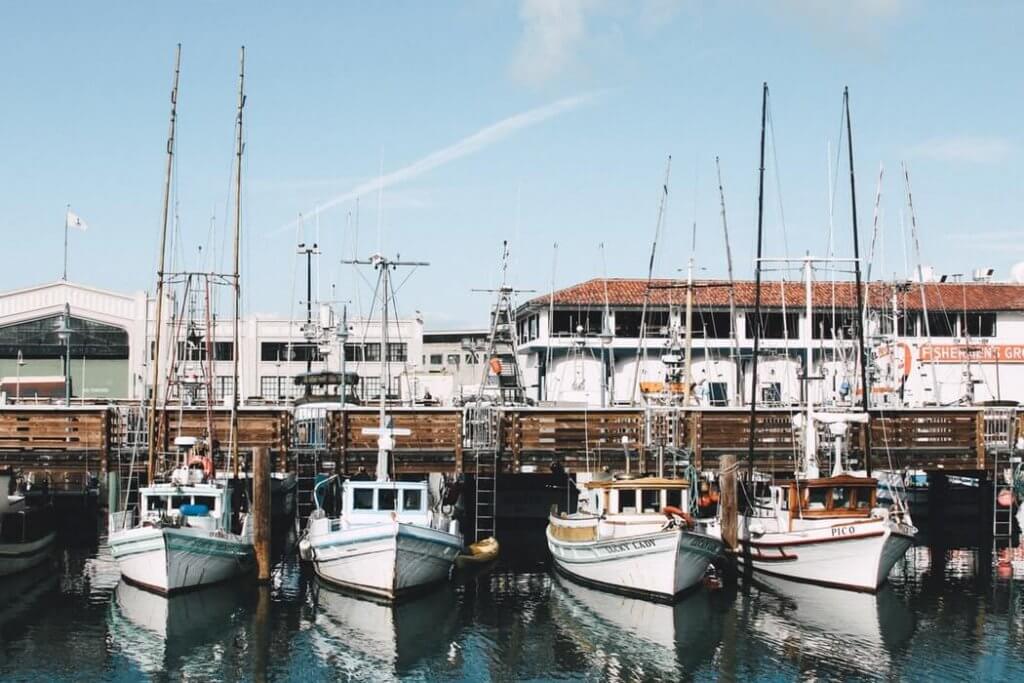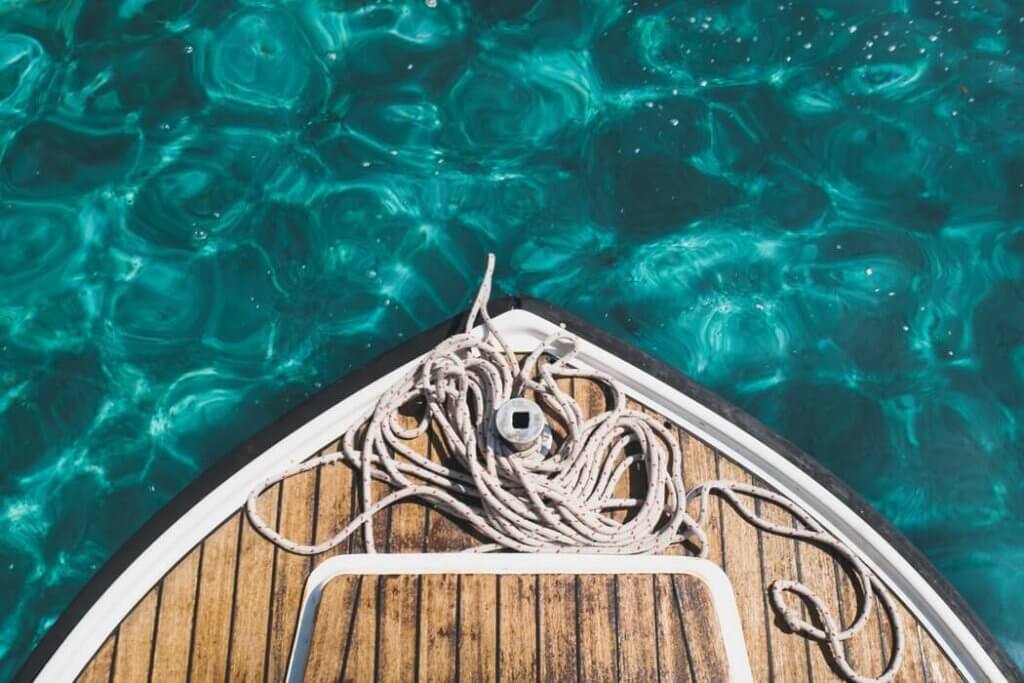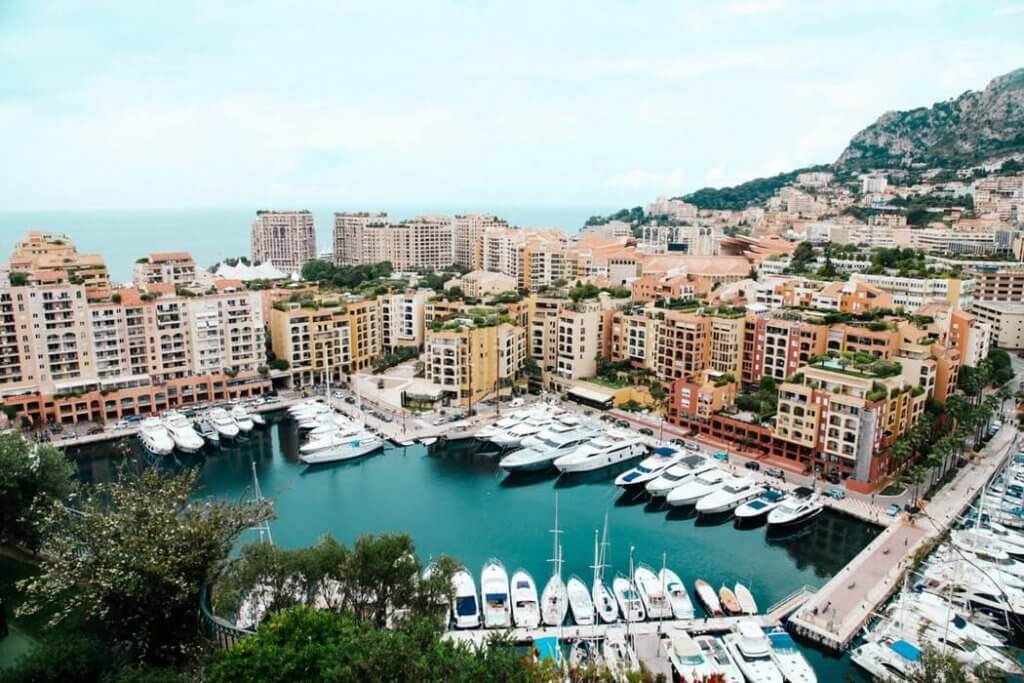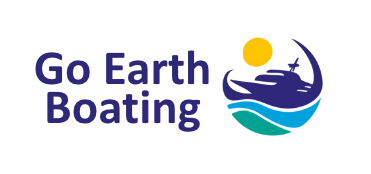Berth Holders of the World Unite…

For those of us who keep our boats in a marina, we know that the berthing fees are usually our highest annual cost. We all – usually grudgingly – accept this as a fact of boating life. Berth Holders Associations can help us improve the marina and therefore the value we get from our marina fees. What a berth holders association can do It is true that Berth Holders Associations (BHA) vary greatly in their activities and what they do. The following is really no more than a set of suggestions culled from our own experience, the RYA’s suggestions and comments from others. Discussions with the marina management One of the basic jobs of the BHA is to liaise with, and occasionally negotiate with, the marina management in order to improve facilities at the marina. Hopefully you will have a co-operative management who will understand that marinas are to a degree in competition with one another and so it is in their interests to listen to berth holders and take their views seriously. Of course, the strength of any BHA depends in part on the number of members it has. In this it is not unlike a Trade Union. Therefore, continual recruitment of members is an important part of the role of a BHA. A sensible relationship between the marina management and the BHA will follow from the management realising that the BHA is in effect a valuable resource to provide free market research and to ensure that its ‘product’ – the marina – is and remains competitive. Discounts An active BHA should try and negotiate discounts for its members from the local chandlers, restaurants, cafes and other local traders. These discounts can be very valuable for BHA members. They can easily be worth more than the BHA’s membership fee, so that joining your local BHA becomes a ‘no-brainer’ – as it directly saves you cash. Yes, you can actually end up paying less for something – a true rarity in boating, as we all know. Social events Most BHA’s organise a number of social events during the year. These can range from formal dinner-dances through to BBQ’s and similar events. Often there is a start of season event and an end of season event. These can be as formal or informal as your members want. Sometimes these events help raise money for the BHA and / or raise money for local charities. Certainly, they are a great way for members to meet fellow berth holders and make new friends, as well as helping all enjoy life at the marina. Cruising events Many BHA’s organise cruising events – ‘cruising in company’. These are of course dependent on the usual factors such as weather and tides. Thought needs to be given to how you best mix sail and power, the routes, places to meet, communication channels, emergency procedures and insurance. And, of course, which pubs and restaurants to visit en-route. Other events This varies greatly from one BHA to another, but could include events such as: Demonstrations of first aid. Perhaps see if you can get a demonstration from a local St John’s Ambulance – or similar organisations. Talks and demonstrations by the local RNLI and visits to the local RNLI station Local traders or marine engineers may be willing to arrange demonstrations of some of their products or services. Websites Most BHA’s have their own websites, which can be a very useful source of information. The better ones contain features such as: Weather and tidal information Local charts and details of any local channels and other nautical and pilotage features, such as buoys, leading lights and areas to avoid! Notices to mariners Webcams of the marina Membership application forms Details of discounts Events – both boating and other, local, events that may be of interest Local facilities, such as cafes, restaurants and touristy things to see and do If you are thinking of setting up a website, you are very welcome to contact us for free advice, as we have a specific website design expertise. Some BHA’s make use of other social media, such as Facebook. However, your own website gives you control over its contents so that you can ensure that it focuses on information of most use to your members. Don’t have a berth holders association? If there isn’t currently one at your marina, setting up one is fairly simple. Fortunately, the RYA gives detailed instructions on their website – here. The initial steps involve getting a few like-minded people to start one off. If you want any informal (free) advice and suggestions, contact me at Go Earth on info@boatsearch.earth. We may even be able to offer a (very!) modest sponsorship to help with any initial expenses. Getting volunteers One of the challenges in setting up a BHA is getting volunteers to help with initially setting one up. Of course, you could always try the traditional naval approach of press-ganging. However, I suspect that this is illegal nowadays, so you may have to resort to, initially at least, getting a few interested people together to kick-start the process. Beer or gin and tonics (or even tea and biscuits) certainly help the process. Of course, after the initial setup, you need to recruit members and democratically elect a committee of the willing.
An Interview with Boat Trader

The leisure marine industry has many different companies in many sectors selling a wide variety of goods and services to boaters and potential boaters. In this special interview, we talk to Boat Trader and explain why ‘Go Earth does it differently’. Something different Boat Trader: Martin, can you tell us a bit about why you started Go Earth Martin: There are two main elements to this; a link with the water and wanting to do something different – some ‘thinking outside the box’ – if you will forgive the cliché! Firstly, we have had a link to the water in one form or another for many years. We been boaters ourselves for over two decades, and I have been a scuba diver for four decades. Our daughter and son-in-law are both qualified PADI scuba diver instructors. I am also a dinghy sailor – or at least attempting to be! So, we got to know the vast variety of companies in the broad leisure marine industry. Next we decided to form a company – with something to do with boating. Initially we were not sure what exactly was wanted. One thing we were sure of – we did not want to do the same as everybody else. In a nutshell, we wanted to do something different that would ‘add value’ to the boating community. Boat Trader: What do you mean by ‘something different’? The art, craft and science of boat buying Martin: Frankly, at first we were not sure. So, we indulged in (cliché alert!!) some out of the box, blue-sky thinking. (Well, I did warn you about the clichés!) What we eventually realised was that we needed to do things that were of genuine value to boaters, which were not currently being done, and which we could deliver successfully. We did not want to be just another chandlery or another boat sales company or another training school. One thing that we kept on hearing was of people who were not quite sure what they wanted when they were buying a boat and how to go through the whole process. Brokers help, of course. However, they have to act for the seller, not the buyer. Therefore, a key element of our business is helping people with buying a boat, acting on behalf of the buyer, not the seller. Boat Trader: How do you do this? Martin: By becoming experts in boat buying. The concept is simple enough. Most people only buy one, two or three boats in their lifetime. They simply do not do it often enough to know all the things that should be considered when buying a boat. We go through the process time and time again with multiple clients, multiple brokers and multiple types of boats. As a company, we aim to be the expert ‘port of call’ (another cliché ?) for boat buyers. Requirements analysis Boat Trader: Is that all there is to it? Martin: No, not quite! As well as expertise, you need processes, tools and data to support the activity. As an example of a process, for our boat search, we typically spend some time with the client developing a ‘Requirements Analysis’. We talk to the client, find out what they are looking for, offer advice, and iteratively develop and improve the requirements analysis. This does require a bit of time and work up front; but – very importantly – it helps ensure that the client ends up with a boat that really does suit them and their needs. Note that this is the polar opposite of ‘Oh –I have just seen a nice boat – let’s buy it’. We start with the client, not the boat! Boat Trader: So the first step is the requirements analysis. What do you mean by iteratively? Martin: Sometimes, the client is not quite sure what they want. So – in our enhanced service – we might for example develop a requirements analysis, then do a boat search. After getting our written report, the client will think about it, might develop their thinking further, and might realise that they need something slightly different, or simply change their mind about some aspects of their requirements, or have a change in the budget they are willing to spend. We then (at absolutely no extra charge) change the requirements analysis and re-run the search for them. Boat Trader: What if they change their mind again? Martin: No problem. With the enhanced search, we will run the requirements analysis / boat search a third time, again at absolutely no extra charge. The important thing for us is that the client should not be locked into their initial thoughts. We want them to end up with a boat that really does suit their needs. Software tools Boat Trader: Earlier on, you mentioned that you used some ‘tools’ in your work. Martin: One of the tools that we use is some software that we developed in house. It holds an enormous database of brokers and others – UK and global – covering a vast range of budgets, boat types, locations and so on. During a boat search, we can input some key parameters from the requirements analysis and use that to query the database to identify the brokers that are likely to have boats that match the requirements. This database also includes, for example, user forums that sell boats, brokers who don’t advertise on the internet, some private sources, some not-so-well-known auction sites and so on. If you are searching for a superyacht, then you clearly need to focus on those brokers, not ones selling, say, narrowboats or river boats. The software helps us to this effectively and efficiently. Data Boat Trader: What about the ‘data’ bit? Martin: Easy – We accumulate masses of data inside our software. We use that
Getting Started in Boating

Dipping your toe in the water Never been boating before? Thinking of buying a boat? But not sure if it is for you? In that case, we have two useful suggestions to help you get started: Try an on-board experience for a short period Get independent, professional advice on what sort of boat would best suit you Try before you buy – onboard experiences There are numerous options you can try at a relatively modest cost. Go Earth offers the following ‘on-boat experiences’. The lowest cost is simply to stay on a 34 foot sports cruiser that we have moored in a beautiful part of north Wales. The boat will sleep up to 4 people in 2 cabins, each with a comfortable double bed. In effect you are using the boat as a small apartment and can stay from 2 days upwards and use it as a base for a different type of holiday experience. Note that driving the boat is not included in this package. At a slightly higher cost a 43 flybridge sports cruiser is available, with a skippered short trip up a beautiful part of the Thames is available. Again you can stay on the boat for 2 or more nights; with plenty of space for up to 4 people to stay overnight. Moving up the cost scale, but still reasonably economical, we offer a great charter in a power catamaran from the south of France – Cannes or St Tropez. This has 4 cabins, sleeping up to 8 people; and a skipper is included. In this option, the skipper stays with you all the time. The skipper knows the area very well, and can take you to some really great restaurants around the Nice/ Cannes / St Tropez area. This option is certainly much cheaper than many other commercial charters. We can also offer a bespoke service – if you discuss your requirements with us, we can design a cost-effective package to suit you. Any of the above will give you a real – and a pleasant – experience, and provide a strong foundation for ‘next steps’ . At a minimum you should have a nice short break – so think of it as a holiday. Introductory training If you want to regard this as a real learning exercise, and if your current knowledge of boating is limited, each of the above can be combined with our day’s course – Introduction to Boating. This is a combination we really recommend if you are new to boating. It is a good and sensible investment of your time and money to ensure that you make the best decisions and help you avoid any expensive mistakes. If your ‘crew’ (such as a partner) is also new, then maybe this is a great opportunity for both of you to discover boating, so this becomes a shared experience.Of course, if you are really new to boating, you will not be ready yet (or safe enough) to take a boat out by yourself. So, following one of the on-board experiences, you should take one of the many training courses available. Go Earth, as part of its course, can provide you with a training plan to ensure that you get the required level of future training. Refining your thinking The advantage of getting some actual experience on a boat is that it helps you think about all sorts of things that you might not have considered before. Below is a small random selection illustrating the sorts of things you might need to think about. Beds. Yes, beds. If you are going to stay on a boat overnight or longer, does the cabin layout and the bed suit you? For example:- Do you want to be able to get out of the bed either side? The smaller boats may have one side of the bed against the bow or a bulkhead, so the person sleeping that side has to climb over the other if, for example, they want to go to the loo in the middle of the night. Do you read in bed at night? If so, is there enough space above the bed for you to sit up in bed. In cabins in the bow, on smaller boats, there might not be enough room to sit up. On the smaller aft cabin boats, the cabin may be spacious, but the headroom above the bed may be limited. Check this before you buy. Friends staying? If you plan to have friends staying, you may want cabins that provide a degree of privacy. Do all the cabins have doors? On smaller sports boats, there may only be a curtain. Some smaller sports cruisers have the mattress on the floor (aka deck!). Not a problem at all if you are fairly agile; but it could be an issue if you are not. Ease of crewing. On motor boats, the main activities you may need the crew (such as your partner) to perform are putting the fenders out, and getting them back in. For this you need at least one good side deck or (on smaller sports boats) an easy to climb through opening front window. Check this out before you buy. Also, you ideally want somewhere to easily store the fenders – or at least somewhere to mount fender baskets that you may want to buy. There are many, many other practical things that you will learn about boating by having these on-board experiences coupled with suitable training. Go Earth will help you all along the way. Getting advice We recommend getting advice from a variety of sources. However, at Go Earth, we are the only professional and independent company dedicated to providing professional advisory and procurement advice to the boat buyer. A chat with us is free of cost, hassle or commitment.
